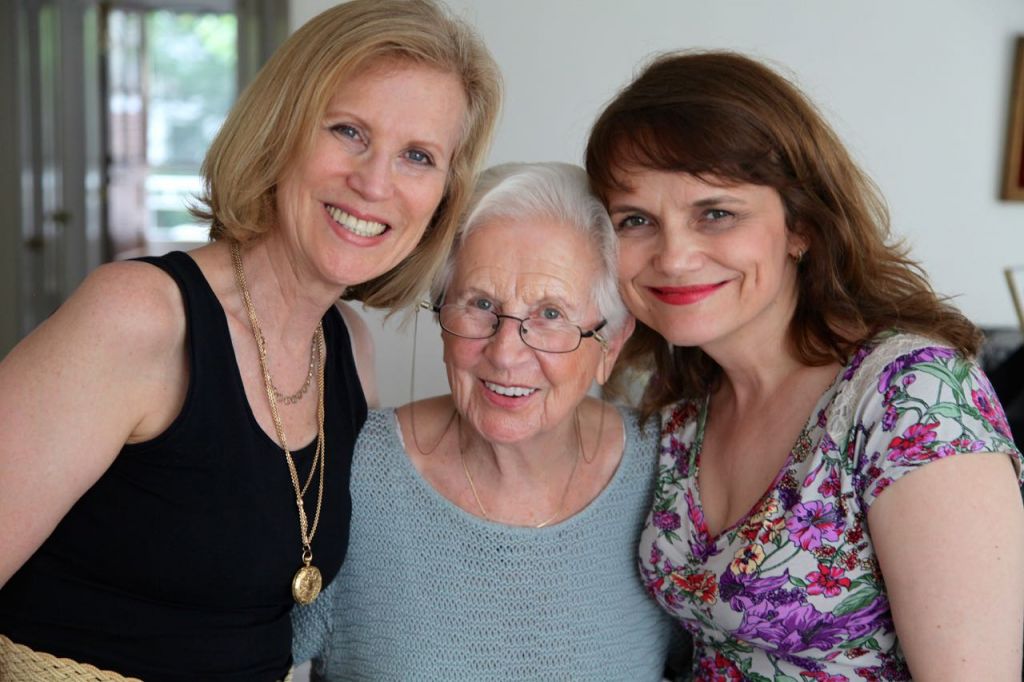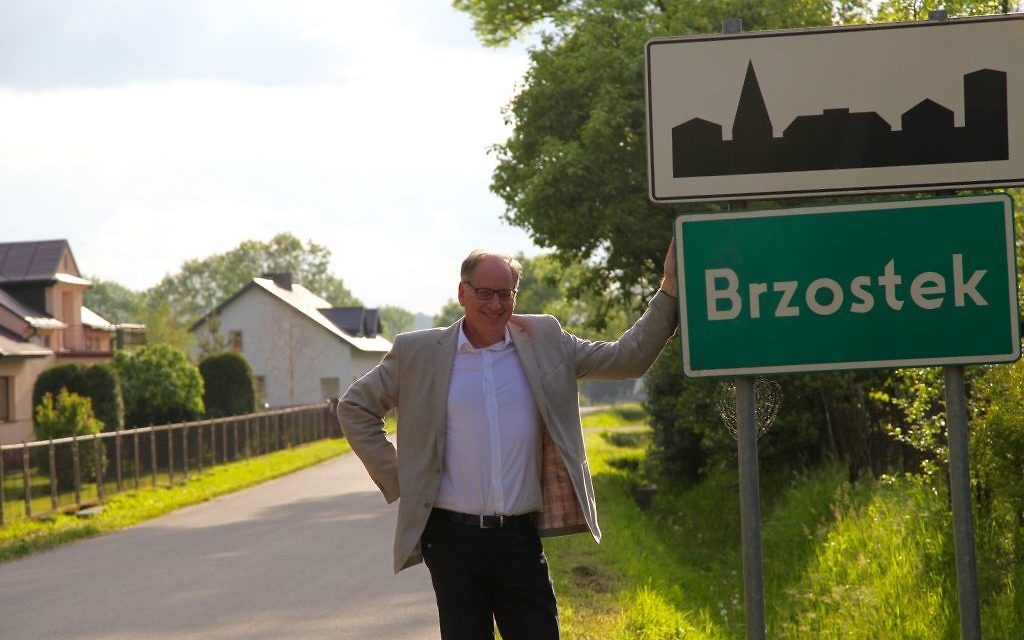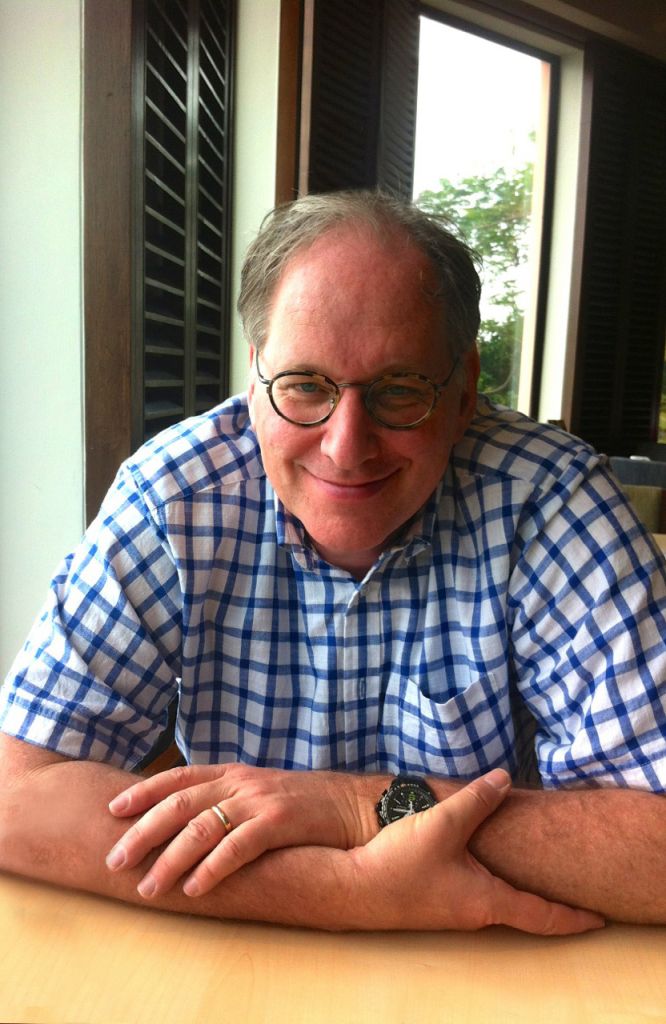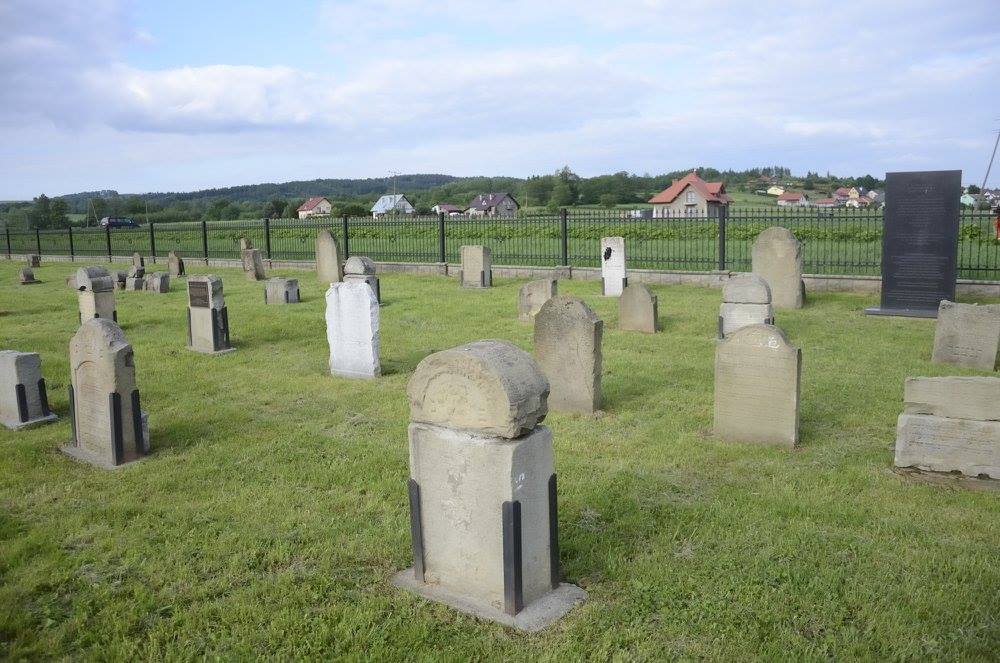‘Poland was the most Jewish country for 800 years and then they were all gone’
Director Simon Target's A Town Called Brzostek examines conflicting views on Poland some 70 years after the Second World War
Standing in the middle of an unremarkable Polish town, situated on a truck route between Tarnow and the Ukraine, Ruth Pagirsky recalls a time when 30 per cent of the people who lived here were Jewish.
The Jews of Brzostek and their gentile neighbours lived in parallel and respectfully tolerated one another. In some ways, life was idyllic.
“Who’s going to bother the Jews here?” she remembers thinking all too well. She was just 16 when Poland was under Nazi rule and she witnessed her grandmother being forced to cut off her husband’s payot.
Get The Jewish News Daily Edition by email and never miss our top stories Free Sign Up
She answered the Nazi officer’s order by spitting in his face – and swiftly paid for her defiance with her life and then her husband’s.
Ruth’s mother ordered the young girl to run away and so she did, falling into a ditch before finding refuge at a local farmhouse. The farmer’s wife, who recognised Ruth, ushered the young girl in, now covered in mud and bloodstains.
Hours later, Ruth awoke to find, miraculously, her mother lying on the pillow next to her. Shortly after the teenager’s arrival, the farmer had urged his son to find Ruth’s mother and reunite the pair once more.
Seventy years later, her story of survival is all the more remarkable given that, unlike many others who fled Poland following Nazi persecution, she harbours no ill feelings towards the country that three million Jews once called home.
“I believe Poles got a bad rap,” says Ruth, who today lives in New York. “At Yad Vashem, the greatest percentage of righteous gentiles were Poles.”
Ruth is one of a handful of Jews shown trying to “reconnect” to the old country in a critically-acclaimed documentary premiering in the UK tonight at the Phoenix Cinema, East Finchley.
A Town Called Brzostek follows the efforts of social anthropologist Jonathan Webber to rebuild the abandoned Jewish cemetery in the town where his grandfather was born.
Webber, who is a professor at Jagiellonian University in Kraków, Poland, is the first Jew that many in Brzostek has ever met, despite the town having a solid Jewish presence for centuries prior to the Second World War.
Through his efforts to restore the cemetery, which he literally stumbles upon and at first believes is just an overgrown field, Webber secures the support of Brzostek’s mayor, the Catholic priest and the local population.
A request for the town to search for the missing gravestones, which were removed after the war at a time when building materials were in short supply, results in some 70 stones being returned.
Webber was then able to trace the families of those buried in Brzostek and found them, including Ruth Pagirsky, living in every corner of the world.
Director Simon Target first met Webber in 2011 and was immediately touched by the story.
The British-born filmmaker, who today lives in Sydney, tells me that until recently he had very little knowledge about Poland or indeed its extensive Jewish history. But when he visited the country five years ago while co-writing a book with his Polish wife, Beata Zatorska, he “saw the Jewishness of the country”.
Target, 54, explains: “Poland had been the most Jewish country in the world for 800 years and then suddenly all the Jews were murdered by Hitler. If you were a Pole living there, you would have known Jews, you would have spoken to them every day and then suddenly no more. It must have been such a strange experience for them and such a loss to the country.
“Literally and culturally, Poles and Jews mixed. They spoke each other’s language, they ate each other’s food to an extent, and you see Jewishness today even in the way people talk and eat. It’s a place where that Jewish history belongs. In many ways, Jews are a missing piece of the jigsaw puzzle that is Poland.”
Webber shares a similar view and talks about the “presence of absence” when considering Poland and its Jewishness. But as Target researched more into the subject, he discovered that not all Jews were as forgiving as Webber when it comes to Poland.
“As someone who is not Jewish, I was not aware that there was this residual dislike for Poland,” he tells me. “Many Jews in fact have a conflicted relationship with the country and still hold it in deep contempt, but Jonathan and Ruth are trying to connect and make sense of their past in a way that I found very interesting.”
Others looking to “reconnect” include Irving Wallach from Sydney, whose mother Rivka, was hidden by her Polish neighbour, Maria Jalowiec.
The documentary shows Wallach’s emotional meeting with Maria’s grandson, Tadeusz, now in his seventies and who as an eight-year-old boy kept his grandmother’s secret that she was hiding Jews in the barn.
Wallach returned to Brzostek to dedicate a new memorial to Maria and revealed he has started the process of trying to get her recognised as a Righteous Gentile at Yad Vashem.
The film also features Leone Najman, from Paris, who visits the mill once owned by her family. She is surprised to discover that her family was quite affluent and that her “jaundiced” view of Poland is far from the reality she had come to believe.

As much as the documentary shows Jews having a renewed affiliation with Poland, so too does it highlight a willingness by Poles to rediscover the country’s lost Jewishness. When the cemetery was reconsecrated in 2009, the town mayor suggested putting out 50 chairs. In fact, the entire town’s 600-strong population turned out for the ceremony.
Much of the community is still involved with maintaining the cemetery and schools educate the younger generation about Brzostek’s Jewish past.
More recently, Webber was involved again in erecting a memorial in Podzamcze Forest, where on August 12, 1942, some 260 of the 500 Jews living in Poland were gathered by the Nazis, shot and killed in a mass grave.
His efforts, combined with his work as a board member of the Auschwitz Museum for 25 years, have earned Webber the Gold Cross of Poland’s Order of Merit for services to Polish-Jewish dialogue.
While he has received acclaim from outside the Jewish community for his efforts, praise from within still eludes him, according to his niece, Natasha Lehrer.
“My uncle won’t be appreciated by Jews,” she says. “They have long memories and hold tight to their grievances.”
So will Target’s film ultimately help change views on Poland? “Not every Jewish person wants to open their heart,” he concludes.
“Maybe that’s part of Jewish survival after persecution. At the very least, I believe my film picks away at some of the reasons why these conflicting feelings about Poland exist.”
A Town Called Brzostek shows at Phoenix Cinema, East Finchley, 8.45pm. Tickets: https://phoenixcinema.co.uk/
The film is also now available to download on demand at: https://vimeo.com/ondemand/atowncalledbrzostek

Thank you for helping to make Jewish News the leading source of news and opinion for the UK Jewish community. Today we're asking for your invaluable help to continue putting our community first in everything we do.
For as little as £5 a month you can help sustain the vital work we do in celebrating and standing up for Jewish life in Britain.
Jewish News holds our community together and keeps us connected. Like a synagogue, it’s where people turn to feel part of something bigger. It also proudly shows the rest of Britain the vibrancy and rich culture of modern Jewish life.
You can make a quick and easy one-off or monthly contribution of £5, £10, £20 or any other sum you’re comfortable with.
100% of your donation will help us continue celebrating our community, in all its dynamic diversity...
Engaging
Being a community platform means so much more than producing a newspaper and website. One of our proudest roles is media partnering with our invaluable charities to amplify the outstanding work they do to help us all.
Celebrating
There’s no shortage of oys in the world but Jewish News takes every opportunity to celebrate the joys too, through projects like Night of Heroes, 40 Under 40 and other compelling countdowns that make the community kvell with pride.
Pioneering
In the first collaboration between media outlets from different faiths, Jewish News worked with British Muslim TV and Church Times to produce a list of young activists leading the way on interfaith understanding.
Campaigning
Royal Mail issued a stamp honouring Holocaust hero Sir Nicholas Winton after a Jewish News campaign attracted more than 100,000 backers. Jewish Newsalso produces special editions of the paper highlighting pressing issues including mental health and Holocaust remembrance.
Easy access
In an age when news is readily accessible, Jewish News provides high-quality content free online and offline, removing any financial barriers to connecting people.
Voice of our community to wider society
The Jewish News team regularly appears on TV, radio and on the pages of the national press to comment on stories about the Jewish community. Easy access to the paper on the streets of London also means Jewish News provides an invaluable window into the community for the country at large.
We hope you agree all this is worth preserving.
-
By Brigit Grant
-
By Laurent Vaughan - Senior Associate (Bishop & Sewell Solicitors)
-
By Laurent Vaughan - Senior Associate (Bishop & Sewell Solicitors)
-
By Laurent Vaughan - Senior Associate (Bishop & Sewell Solicitors)
-
By Laurent Vaughan - Senior Associate (Bishop & Sewell Solicitors)
























